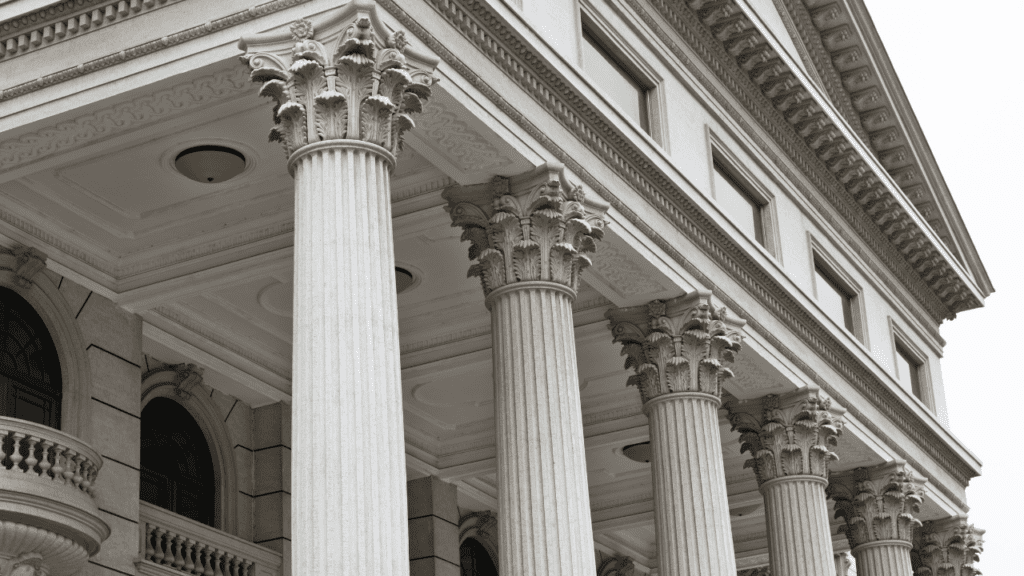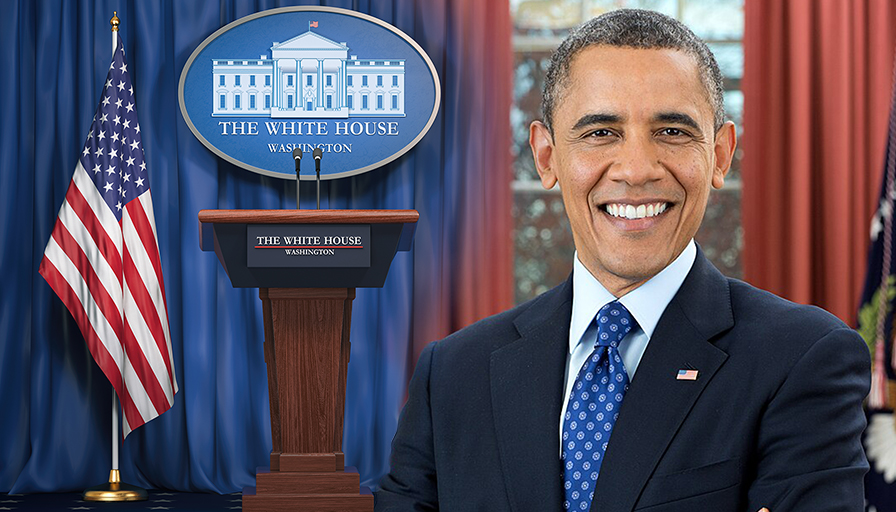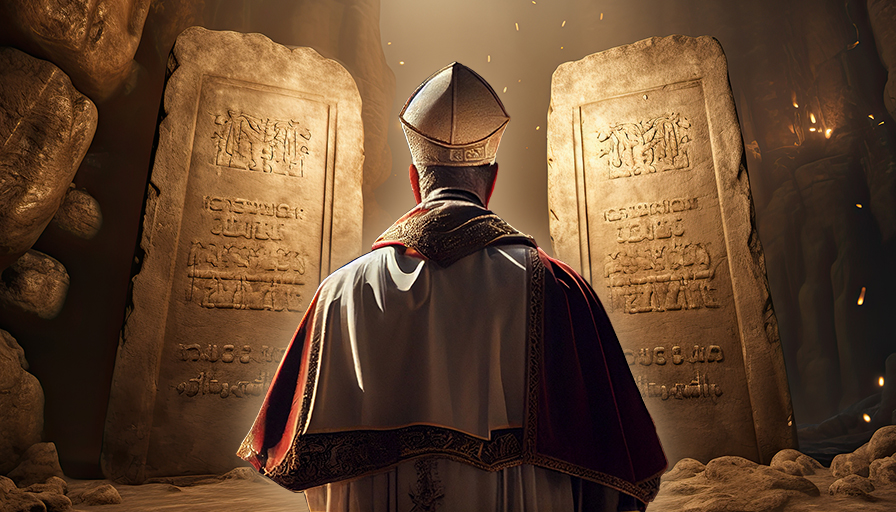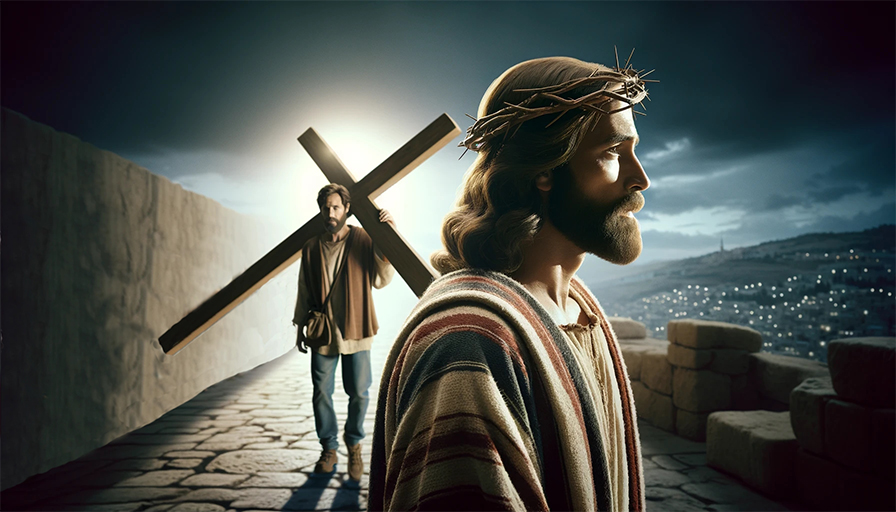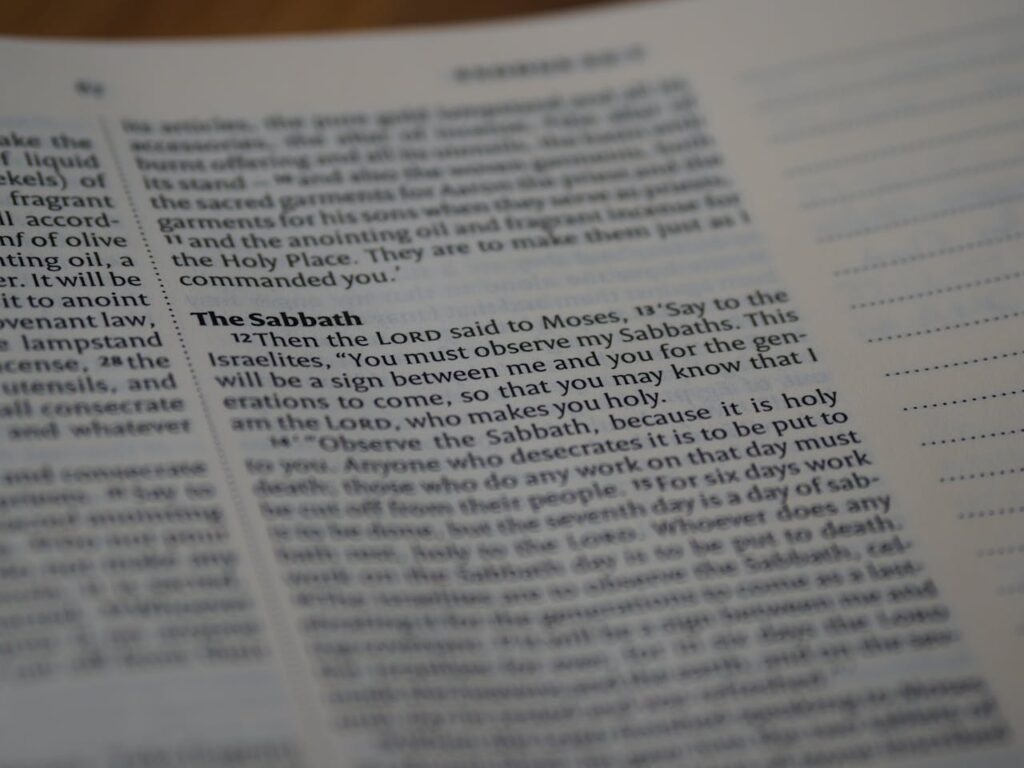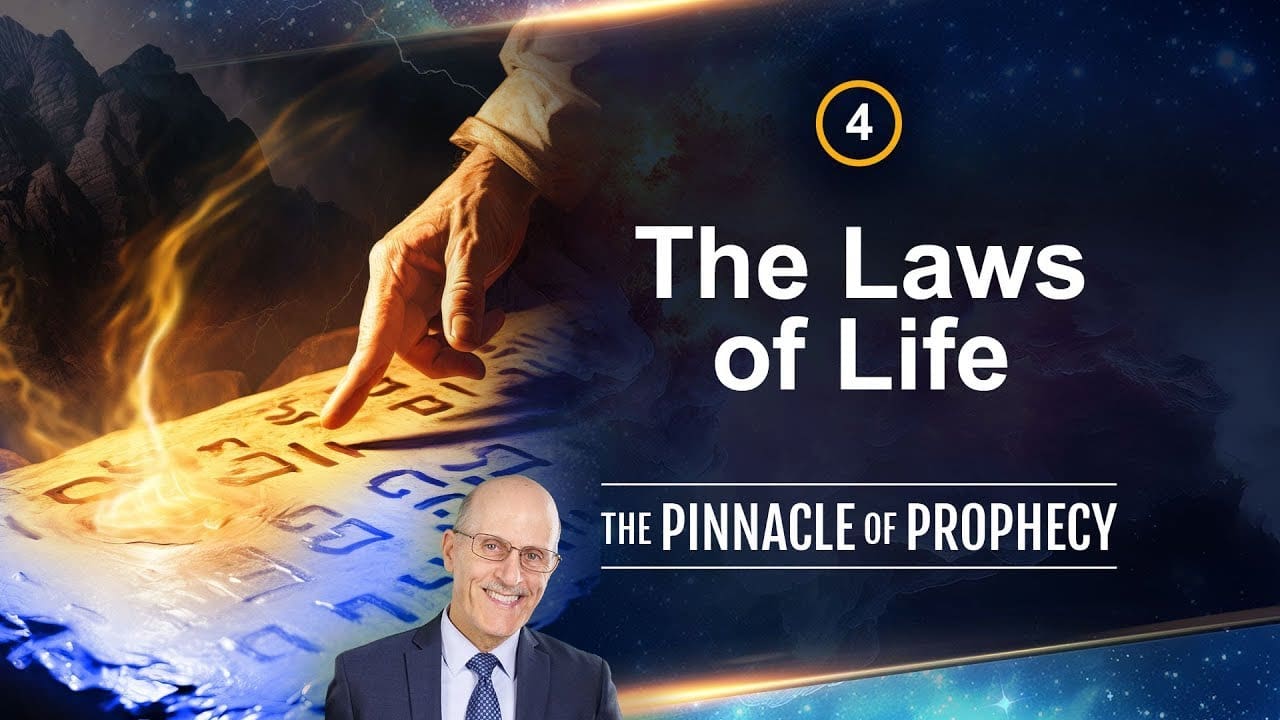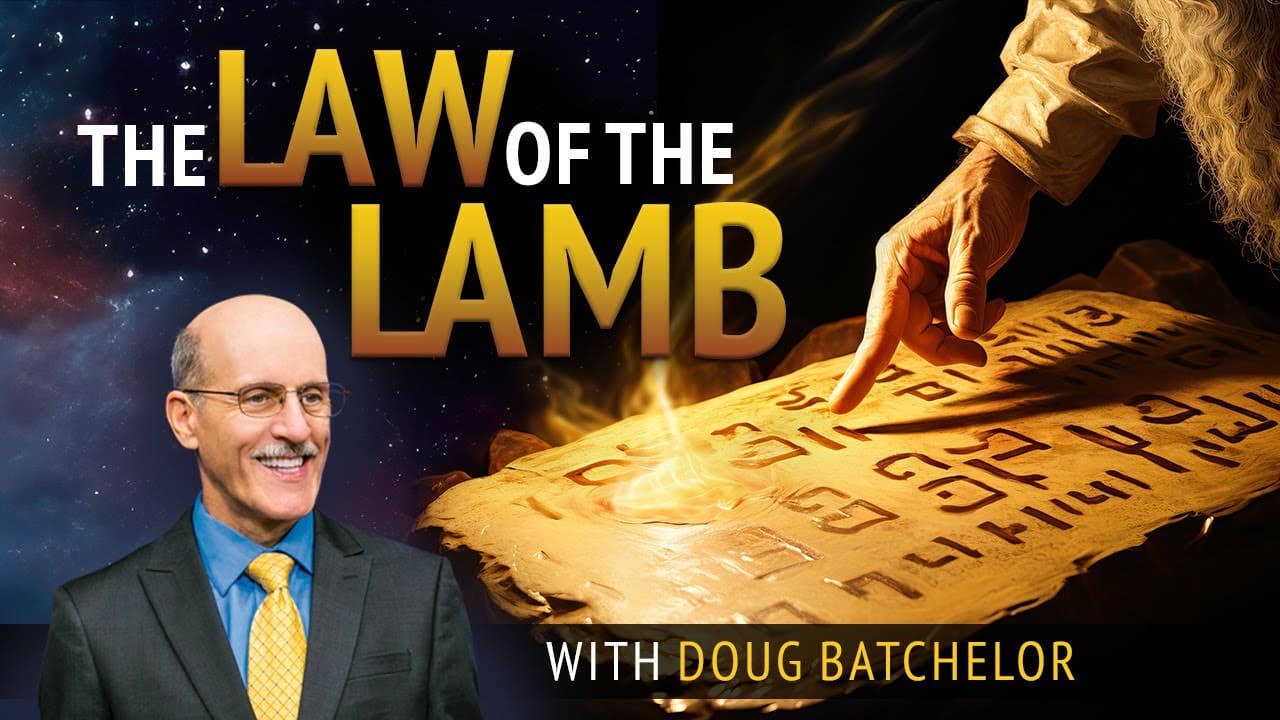My work involves, among other tasks, editing and preparing for publication materials for a wide variety of clients. At the moment, I’m working on a book setting forth the history of so-called Sunday “blue laws.”
The very first such law was enacted in the colony of Virginia in 1610, and read as follows:
“Every man and woman shall repair in the morning to the divine service and sermons preached upon the Sabbath day, and in the afternoon to divine service, and catechising, upon pain for the first fault to lose their provision and the allowance for the whole week following; for the second, to lose the said allowance and also be whipt; and for the third to suffer death.”
Get that? Attend services both morning and afternoon—or face the early-American version of “three strikes and you’re out.” Strike one: lose your food allowance for a week. Strike two: lose your food allowance for a week and be whipped. Strike three: kiss your life goodbye. And this was not some totalitarian country, some atheistic dictatorship such as China or North Korea or Cuba. Nor was it some theocratic regime such as Iran. It was America.
Other colonies besides Virginia had their own Sunday laws, requiring attendance at services and forbidding everything from working to sports and recreation to swearing and “tippling” at the taverns. Punishments included fines of money and up to 90kgs of tobacco, being locked in the public stocks, jail time, and again, in “grievous” cases, death.
Captain Kemble of Boston, Massachusetts, was in 1656 locked in the public stocks for two hours for kissing his wife on the Sabbath (Sunday) after spending three years at sea. The charge? “Unseemly behaviour.”
Even newly elected president George Washington was not exempt from punishment under Sabbath laws. As he travelled from Connecticut to a town in New York to attend worship service one Sunday in 1789, Washington was detained by a tithingman for violating Connecticut’s law forbidding unnecessary travel on Sunday. Washington was permitted to continue on his journey only after he promised to go no farther than his destination town.
While this early religious legislation in America may sound inflexible and harsh, it’s the natural and inevitable result of removing the wall of separation between church and state—between religion and government. It’s the sure end when some attempt to force the consciences and moral behaviours of others.
And some of us believe that as that wall of separation continues to crumble in the United States, the likelihood is great—should that effort fully succeed—of an America where once again the state could exact penalties for religious violations—penalties up to and including death.
The intolerant militance of America’s Religious Right should give anyone pause who prizes true religious freedom. Many leaders and jurists of the Religious Right either deny the religious-freedom protections intended by the First Amendment or hope to change or abolish that amendment.
As government increasingly strips away the rights of its citizens and intrudes into their privacy, and as the religio-political Right becomes increasingly aggressive in attempting to legislate personal morality and behaviour, the likelihood also increases that at some point, mandatory church attendance—and on a day incompatible with the beliefs of many—could easily come up for a congressional vote.
America once imposed the death penalty for those in violation of compulsory Sunday church attendance. All signs point to the strong possibility that history could be repeated, even here in the land of the “so-far” free.
Even were I a Sunday-keeping Christian, I’d find this use of state legislation to enforce religious observance troubling or even appalling. As a Saturday-Sabbath keeping Christian, my concern and watchfulness is understandably even greater.


